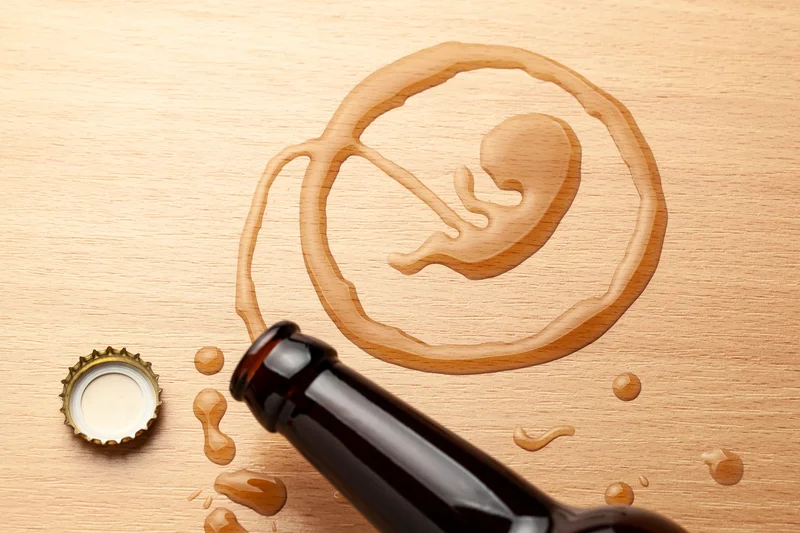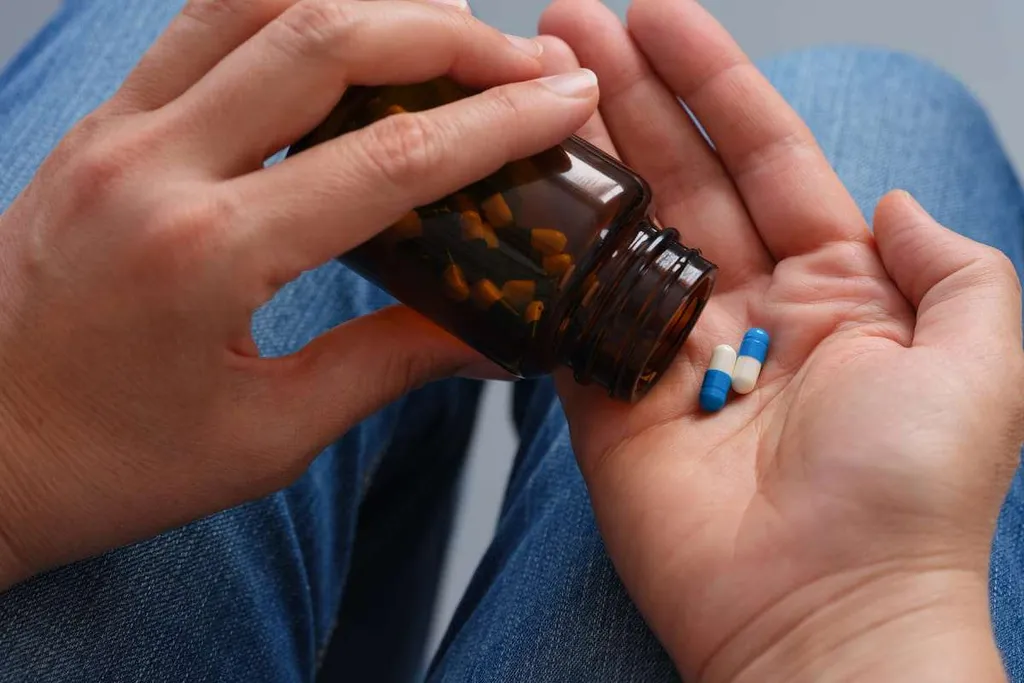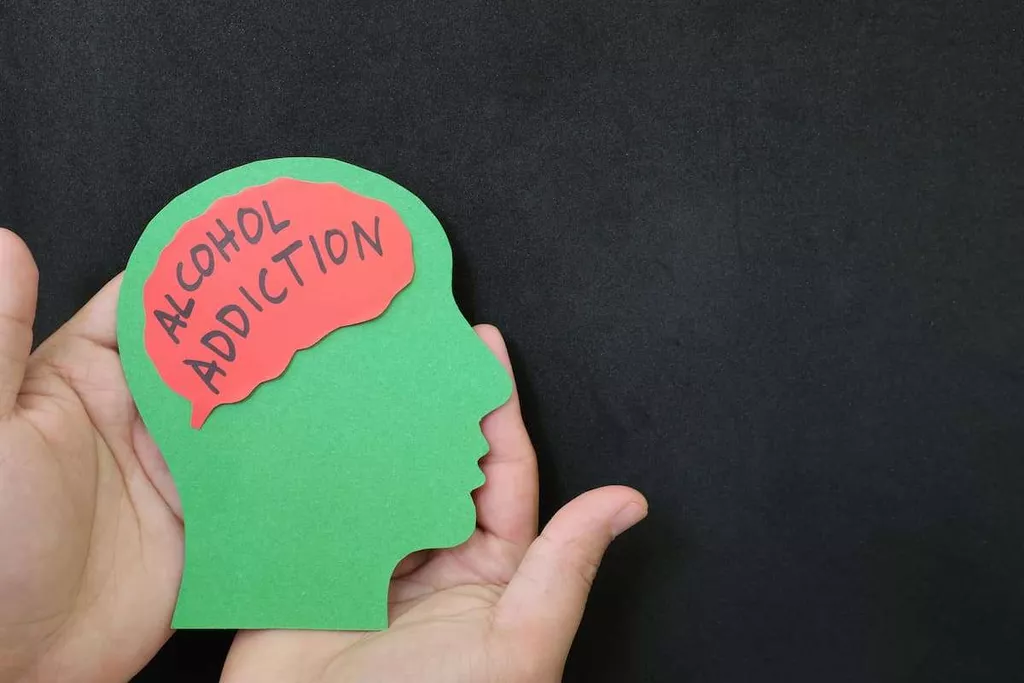
Consequently, alcohol’s effects on these receptor subtypes also might influence GABAergic signal transmission in the brain. Cellular mechanisms that mediate alterations in mPFC synchrony and cognitive disruption following chronic ethanol exposure. Under control conditions (left panel), synchronous activation of appropriate cortical networks mediates cognitive control over behavior.
Dopamine: What Does It Do, and How Does It Impact Your Health?
- First, dopamine alters the sensitivity with which dopamine-receptive neurons respond to stimulation by classical neurotransmitters, particularly glutamate.3 This mechanism is referred to as the phasic-synaptic mode of dopaminergic signal transmission.
- The dopaminergic neurons in the VTA are connected to the brain areas thought to mediate rewarding effects.
- The characteristics of this disorder include loss of control over alcohol intake, impaired cognitive functioning, negative social consequences, physical tolerance, withdrawal and craving for alcohol.
- One of the chief higher-level disruptions caused by chronic alcohol exposure is a reduction in the ability to make, store and organize memories.
Even with alcohol’s effect on dopamine production, you don’t have to continue drinking. Rehab programs will help break the cycle through detox and therapy — either one-on-one or group sessions. However, when does alcohol cause dopamine release it comes to dopamine levels and addictive substances, alcohol behaves somewhat differently than other substances or pharmaceuticals. For those concerned about their alcohol use or its effects on brain health, numerous resources are available. These include healthcare providers, addiction specialists, support groups like Alcoholics Anonymous, and online resources provided by organizations such as the National Institute on Alcohol Abuse and Alcoholism (NIAAA). When discussing the consequences of alcohol’s actions on the brain, researchers frequently use terms such as motivation, reinforcement, incentives, and reward.
What happens daily when you stop drinking?

Healthcare providers, addiction specialists, and mental health professionals can offer valuable guidance, monitor progress, and provide interventions when needed. Support groups, such as Alcoholics Anonymous or SMART Recovery, can also provide a sense of community and shared experience that can be invaluable during the recovery journey. Symptoms of PAWS can include mood swings, anxiety, irritability, fatigue, and cognitive difficulties. These symptoms can be frustrating and may increase the risk of relapse if not properly managed. Understanding that these symptoms are a normal part of the recovery process and developing coping strategies can be crucial for long-term success. The timeline of dopamine recovery in the first weeks of sobriety can be challenging.
How can you trick your brain into releasing dopamine?

Alcohol addiction has far-reaching effects on mental health, with dopamine dysregulation being a major contributor. This section examines how long-term alcohol use can lead to mental health disorders like anxiety and depression. While alcohol may initially enhance dopamine activity, long-term use can amphetamine addiction treatment disrupt the brain’s ability to produce and regulate dopamine.

Furthermore, they are clinically used for alcohol‐dependent patients during the acute detoxification phase to prevent agitation, hallucinations and delirium tremens 153. Genetic factors play a significant role in influencing alcohol’s impact on dopamine. Some individuals may have genetic variations that affect their dopamine receptors or the enzymes involved in dopamine metabolism.
- In addition to dopamine, drinking alcohol initially releases serotonin which is another neurotransmitter involved in feeling happy and calm.
- Exciting developments are happening in the world of addiction that will allow clinicians and researchers to develop targeted therapies that may be able to prevent addiction and alcohol-related brain damage in dependent individuals.
- Dopamine alters the sensitivity of its target neurons to other neurotransmitters, particularly glutamate.
- Detox will clear the alcohol from your system, helping your brain to re-achieve balance.
- Typically, these therapies take place in the evenings, which lets you work around your schedule.
2.2. Clinical evidence for the use of atypical dopamine D2 antagonists for the treatment of alcohol dependence

Dopamine is a critical part of the brain that helps control movement, pleasure, attention, mood, and motivation. It is one of the most ancient neurotransmitters as it is found in lizard brains, too. Basically, dopamine is one of the brain’s ways to communicate some of our most primal urges and needs, and it “rewards” someone for eating, drinking water, exercising, and having sex as a way to reinforce those behaviors—to continue doing the things that help sustain life.
- Alcohol acts presynaptically at the GABA neuron,, increasing GABA release and postsynaptically enhancing GABA receptor action.
- This may be especially important for the effects of alcohol exposure given the high prevalence of drinking during adolescence, especially binge-like consumption.
- Partial dopamine D2 agonists, therefore, offer the opportunity to treat the dysregulated dopamine activity during acute alcohol consumption as well as alcohol dependence.
- That aspect seems to stem from the fact that alcohol increases activity in the dopamine neurons in the mesolimbic reward pathway, as well as opioid cells that release endorphins.
Long-Term Effects of Alcohol on Dopamine and the Brain

Similar observations have been made in rodent models of alcohol dependence where confounds such as genetic predisposition and environmental influences can be controlled (Trantham-Davidson et al., 2014). A detailed understanding of the cellular effects of alcohol that contribute to cognitive dysfunction is important for the development of novel therapeutic strategies aimed at the mesocortical dopamine system to improve cognitive function and treat AUDs. Regular physical activity has been shown to increase dopamine receptor availability and improve mood. Both aerobic exercise and strength training can be beneficial, with some studies suggesting that high-intensity interval training may be particularly effective for boosting dopamine levels. During this initial phase, individuals may experience a range of withdrawal symptoms directly related to dopamine fluctuations. These can include intense cravings for alcohol, mood swings, anxiety, depression, and difficulty experiencing pleasure from everyday activities.
